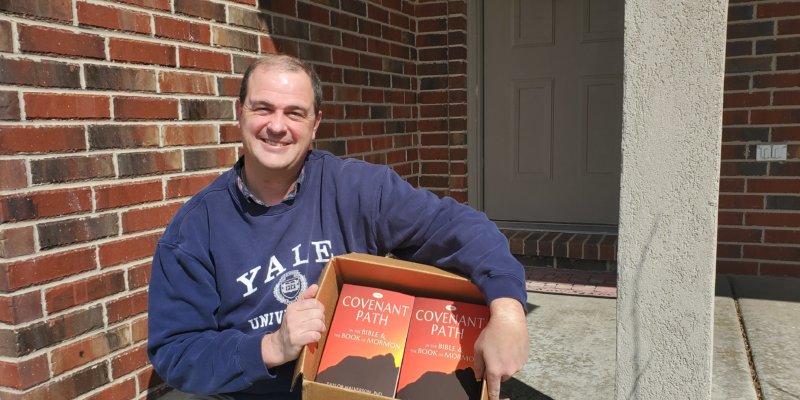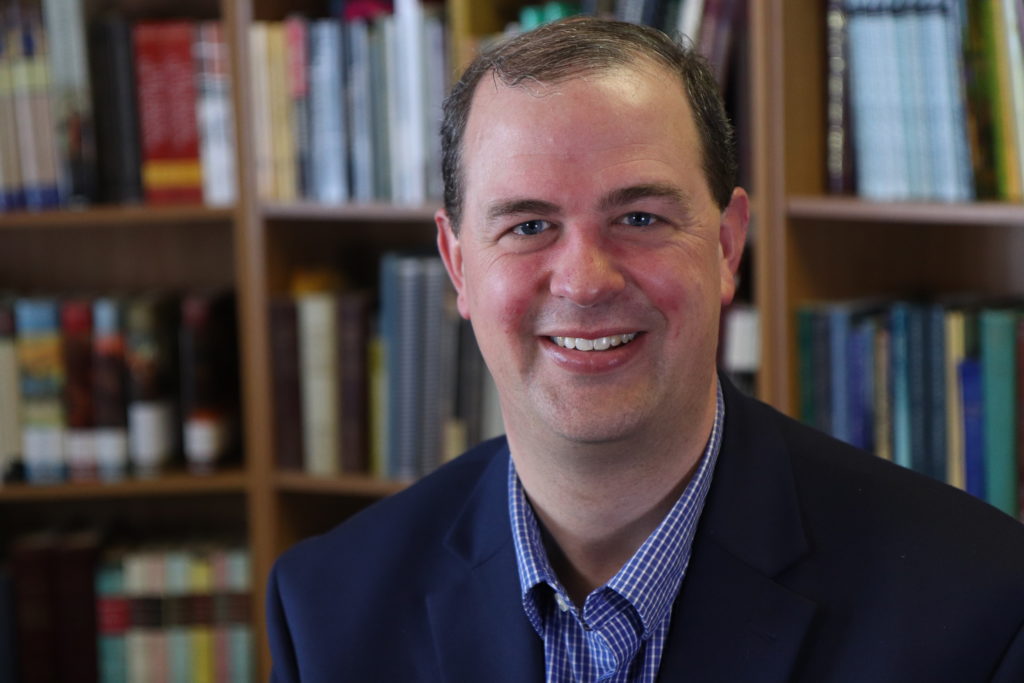During the years 2004-2005 I spent more than twelve months preparing for and completing doctoral qualifying exams at Indiana University in two totally distinct fields: Instructional Technology and Judaism & Christianity in Antiquity. (Somehow I had convinced myself to do two PhDs at the same time. That is a story to tell at some point.)
Doctoral qualifying exams in Judaism & Christianity in Antiquity were designed in the following way. A reading list of books and articles was developed (some were chosen by the learner, most by the mentors). Then a general date was set for the qualifying exams. In my case it was about 6 months later. Then, I had to read all of these books and articles in that six month time period. At the end of the six months, the qualifying exams began.
What was the exam like? The exam took place on three separate days at fours hours at a time. Each day I was given a computer without internet access and a list of questions in an envelop. I had to answer those questions as fully as possible given the time frame.
The purpose of the exam is to evaluate if someone can cram an enormous amount of information into their brains in a short period of time and then demonstrate content competency and an ability to communicate that competency at a drop of a hat without any prior knowledge of what questions will be asked. No lie. When I asked to see a list of example qualifying exams or questions, nothing was offered. Instead, I was simply informed that there would be no trick questions. So, I had to read all of these books and articles not really knowing what I might be asked to answer. It is hard to describe how difficult that preparation was and how purposeless and aimless my studying and reading often felt.
Three months after I took my doctoral exams in Judaism & Christianity in Antiquity I took qualifying exams in my other PhD field, Instructional Technology. The process and experience was very different and far more appropriate and useful for the realities of the professional world. First of all, there was a specific class in the Instructional Technology program entirely dedicated to preparing students for the qualifying exams. During that semester we read many of the major works from the field, discussed together the major ideas, and practiced writing responses to exam questions. We were given weekly feedback from the professor on how to improve along the way. We were also given sample qualifying exams from past years and successful past test-takers were brought in to answer our questions about the process, how to prepare, etc. This was a totally different experience than from my Religious Studies exam, which were essentially a 6 month independent study of reading everything possible related to the 5000 year history of the production and interpretation of the Bible without any feedback from a seasoned mentor.
The way the Instructional Technology exams worked is that each week I was given a research question to address. I had one week to write a potentially publishable paper in response to the research question. Entirely different than my Religious Studies qualifying exams, the Instructional Technology exams were open book, open sources, open library. Wow! Major difference. What did I learn? If in a time pinch and with the right resources, I can crank out a 20-25 page paper in about a week.
Obviously, reflecting on the skills I demonstrated in these two different qualifying exams processes, in the professional world of academics it is rare (and probably not very professional) to either answer a substantive question for four hours straight without ANY reference materials on hand (a nod to the Religious Studies exams) or to write a 25 page paper in just a week and expect it to be near publishable (a nod to the Instructional Technology exams). Still, of the two exam experiences, Instructional Technology exam experience was far more valuable professionally because I walked away with something tangible and useful – three papers (or conference presentations) that just needed some more work. What did I walk away with from the Religious Studies qualifying exam experience? Unfortunately, it was nothing more than a super-charged undergraduate final exam experience where the ability to regurgitate information and tell the professors what they wanted to hear was the name of the game.
The next number of blogs will provide the reading list I plowed through in six months for Religious Studies and the exam questions posed to me. And I’ll share the Instructional Technology reading list and exam questions.
Part 3 – Judaism & Christianity in Antiquity Reading List
Part 4 – New Testament Questions
Part 5 – Literary Criticism Questions
Part 6 – Hebrew Bible Questions
Part 7 – Instructional Technology Reading List
Part 8 – Instructional Technology Exam Question 1
Part 9 – Instructional Technology Exam Question 2
Part 10 – Instructional Technology Exam Question 3





